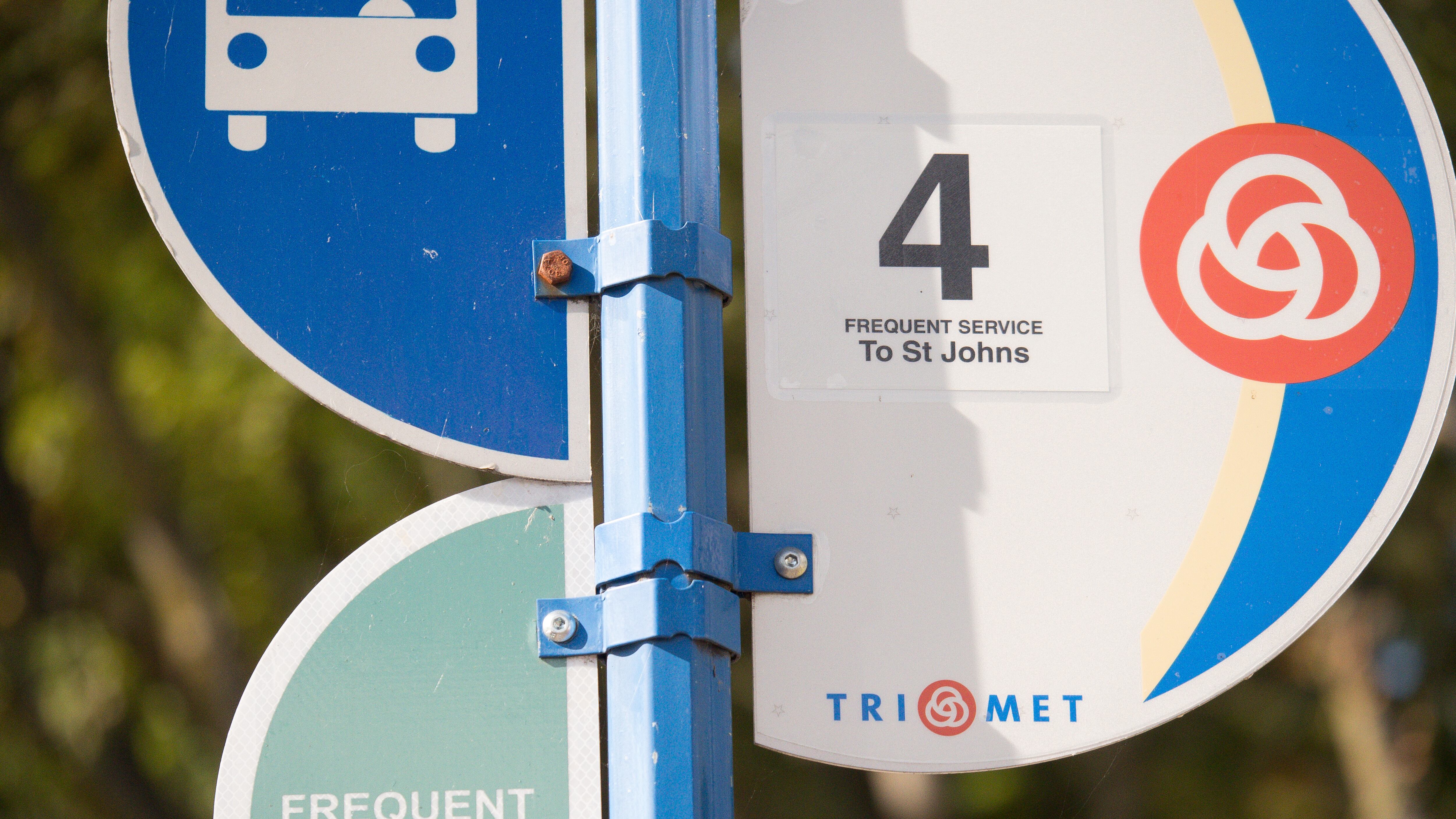TriMet is getting a lot of unsolicited advice about how to replace its general manager, Doug Kelsey, who announced his retirement Dec. 17.
Kelsey, who served as TriMet's chief operating officer from November 2015 until he replaced Neil McFarlane in 2018, will return to British Columbia.
Upon his departure in March, Kelsey will leave behind an agency battered by COVID-19 that saw voters soundly defeat a multibillion-dollar transportation measure in November that would have funded light rail from Portland to Bridgeport Village and paid for the electrification of some of TriMet's diesel-powered buses. Even before COVID, TriMet faced declining ridership.
Dozens of elected officials, led by Portland Mayor Ted Wheeler, Multnomah County Chair Deborah Kafoury and Metro Council President Lynn Peterson, wrote to the TriMet board Dec. 24 urging it to conduct an open, inclusive process to replace Kelsey.
The officials asked the board to "spend the upfront time in researching best practices to create an open and transparent hiring process for the next general manager of TriMet," adding that they hope the board will "meaningfully involve city leaders and community organizations, particularly from region's small and midsized cities, where expansion of TriMet service will be crucial in the success of equitable economic development, social justice and climate action goals."
The letter is a none too subtle critique of the agency's last two hiring processes for a general manager, which saw TriMet elevate existing agency insiders—Neil McFarlane in 2010 and Kelsey in 2017—to the top job. Although both men were steeped in agency operations, neither brought much political experience to their work, and both, in a long tradition at the agency, were white men.
A Dec. 23 letter from two dozen advocacy groups, many of them representing people of color and low-income Oregonians, asked the board not to shut them out of the hiring process, which they say happened when Kelsey got his job.
The advocates say TriMet has long ignored the interests of the people who are most dependent on transit.
"The community has spoken loudly and for too many years about the need for improvements such as shelter at stops and increased bus frequency, as well as expansion of bus service to reach more people and essential destinations in the region," their letter says.
"We have called for a more humane approach to public safety. We have asked for the agency to better serve our youth and older adults, and to ensure transit remains affordable. We have called for vision and creativity in creating a transit system that works for all. We must ensure the next general manager will listen and incorporate these needs from the community."
In the announcement of Kelsey's retirement, TriMet board chairman Bruce Warner noted that under Kelsey's leadership, the agency "has made significant progress on growing transit service, improving the customer experience, decriminalizing fare enforcement, pursuing more equitable security resources, and championing diversity and equity." Warner said the national search for Kelsey's successor would begin immediately.
